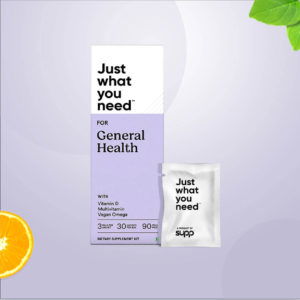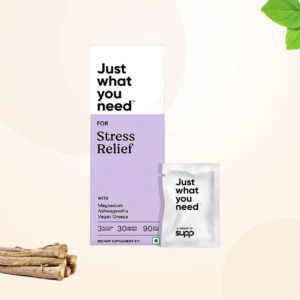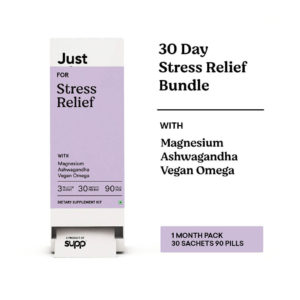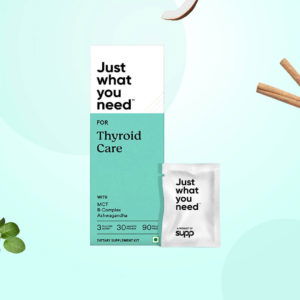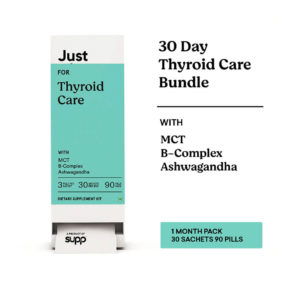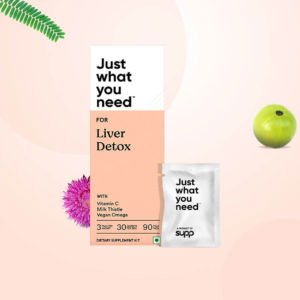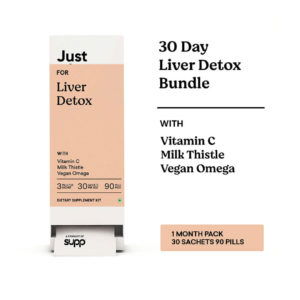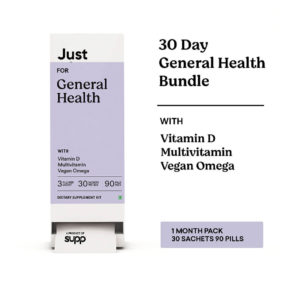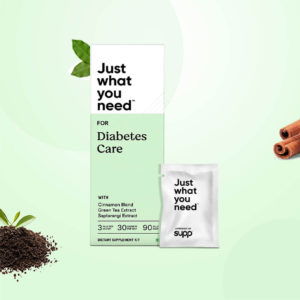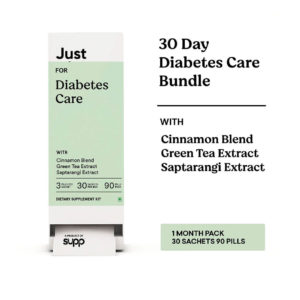Immunity means the body’s innate power to fight off diseases. The defense mechanism accomplishes by overcoming pathogens, which could vary from molecules to parasites. To be able to try this, there are two main levels of immunity.
The very first level is known as the the ‘innate immune protection system’. This is also the first line of defense of the body, and acts against a wide variety of pathogens. The innate immune protection system comprises of physical barriers including the skin.
The second level of immunity is called as the adaptive immune protection system. This level takes time before giving an answer to a pathogenic invasion, but once mobilized, it evokes a reply specific to a specific pathogen, as opposed to the innate immune protection system, whose response is nonspecific. The adaptive immune protection system can also be effective at remembering a specific pathogen, so that it can mount a far more rapid, effective reaction to a pathogen which it has been encountered before.
The adaptive immune protection system is made up of two main cell types: T cells (named because these are within the thymus, the organ in which they mature) and B cells (named for the bone marrow, where they are initially produced).
Research shows vitamin C is required for the growth and repair of tissues all around the body. Vitamin C helps to recover wounds and repair and maintain healthy bones, teeth, skin and cartilage — a kind of firm tissue that covers the bones. Being an antioxidant, vitamin C fights free radicals in the body which might help prevent or delay certain cancers and cardiovascular disease, and promote healthy aging. Vitamin C from foods also seems to reduce the chance of cartilage loss in people that have osteoarthritis.
Vitamin C also helps your body to higher absorb non-heme iron — the type from plant foods such as beans, spinach and quinoa. To gain this benefit, combine vitamin C-rich foods with iron-rich plant foods in the same meal.
Vitamin C inadequacy can occur with intakes that fall below the RDA but are above the amount required to avoid overt deficiency (approximately 10 mg/day). These groups are more likely than others to be prone to insufficient amounts of vitamin C.
Smokers and passive “smokers”
Studies consistently show that smokers have lower plasma and leukocyte vitamin C levels than nonsmokers, due to increased oxidative stress. Studies have concluded that smokers need 35 mg more vitamin C each day than nonsmokers. Contact with secondhand smoke also decreases vitamin C levels.
Individuals with limited food variety
Although fruits and vegetables are the best resources of vitamin C, many other foods have small amounts of this nutrient. Thus, through a varied diet, many people should have the ability to meet the vitamin C RDA or at the least obtain enough to avoid scurvy. People who have limited food variety—including some elderly, indigent folks who prepare their own food; individuals who abuse alcohol or drugs; food faddists; individuals with mental illness; and, occasionally, children—might not obtain sufficient vitamin C.
People with malabsorption and certain chronic diseases
Some medical conditions can reduce the absorption of vitamin C and/or increase the amount needed by the body. Individuals with severe intestinal malabsorption or cachexia and some cancer patients could be at increased danger of vitamin C inadequacy. Low vitamin C concentrations can also occur in patients with end-stage renal disease on chronic hemodialysis.
Every tissue in our bodies requires vitamin D and will not function properly if we do not get enough. In its most extreme forms, vitamin D deficiency produces rickets in children and osteomalacia (bone softening) in adults resulting in disrupted growth and crooked bones. This happens since the concentration of minerals in the blood stream is not adequate to aid the mineralization of new bone. This deficiency occurs because efficient absorption of calcium in the body requires vitamin D.
Milder quantities of deficiency are now understood to be one of many factors behind many chronic diseases, including osteoporosis, impaired immune competence, autoimmune diseases such as diabetes high blood pressure, multiple sclerosis, several cancers (breast, colon, lung, lymphoma and prostate, among others), , pregnancy complications and cardiovascular disease.
You can find two main forms of vitamin D—vitamin D2 and vitamin D3—which you can get from (and occur naturally in) certain foods like salmon, tuna, mackerel and beef liver and egg yolks. But because we don’t consume big enough quantities of the foods, they can’t be our sole supply of vitamin D. This is exactly why foods like milk, cereal and some orange juices are vitamin D2- and D3-fortified. (Since the 1930s, manufacturers have voluntarily enriched these foods with vitamin D to simply help reduce the incidence of nutritional rickets.)
When exposed to sunlight, your skin can manufacture its vitamin D. Another avenue to have vitamin D is by taking Supp Vitamin D. It is generally recommended for people with fat absorption issues, lactose intolerance, milk allergies, as well as for people with darker skin tones or with certain medical conditions that prevent them from going outdoors.
Regular supplementation of Vitamin C (1-2g/day) has shown that vitamin C reduces the duration (in adults by 8%, in children by 14%) and the severity of common cold and flu. Zinc supplementation may shorten the duration of colds and flu by approximately 33%. As for vitamin D, the supplementation protected against flu overall, considering required addition based on age. Patients with vitamin D deficiency experienced the most benefit. In conclusion, the current evidence of efficacy for zinc, vitamins D and C is so interesting that patients with flu or common cold may be encouraged to try them for preventing/treating their colds.
Zinc has evolved into a popular treatment for the common cold. Some studies have discovered that zinc lozenges may decrease the duration of cold and may reduce the number of upper respiratory infections in children.
Zinc helps fight infection and heal wounds. Zinc has also been shown to simply help with ulcers, ADHD, acne, sickle cell anemia, and other conditions.
Doctors and nutritionists may recommend zinc supplements for people who have zinc deficiencies. Strict vegetarians, breastfeeding women, people who drink alcohol, and people with a poor diet and digestive problems are at higher risk for zinc deficiency.
If you are pregnant or nursing, please consult your healthcare provider before taking any supplements.


